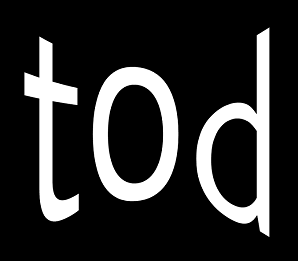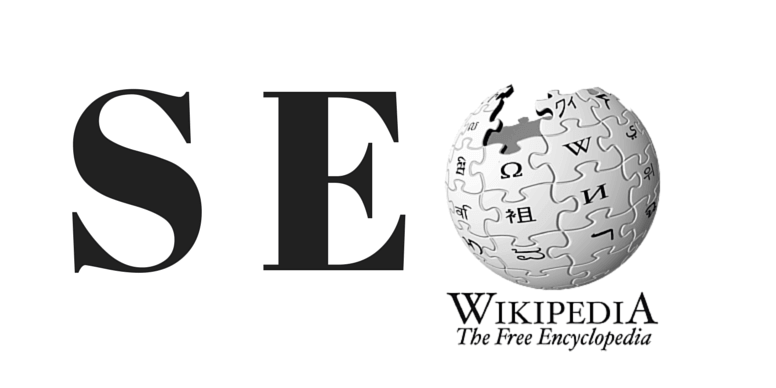Click to Read Sections:
Are Wikipedia Backlinks Good for SEO?
Maybe….hint, hint.
Links from other websites to yours tell Google your content is good. Backlinks from Wikipedia used to be good for SEO, but in 2005 Google introduced nofollow links to reduce spam. Shortly thereafter many sites including Wikipedia made all their external links nofollow to avoid the risk of a Google penalty. That means no “link juice” or positive ranking signals come from Wikipedia backlinks.
However, recently Google said that nofollow links might count. According to a Moz article:
“For ranking purposes, all nofollow directives are now officially a “hint” — meaning Google may choose to ignore it and use it for ranking purposes. Many SEOs believe this is how Google has been treating nofollow for quite some time.”
What is a Nofollow Backlink?
To combat spammy links in blog comments and other places, in 2005 Google introduced the nofollow tag for sponsored or user-generated links. Nofollow links have a rel=”nofollow” HTML tag. The nofollow tag tells search engines to ignore that link. According to the article What Is a Nofollow Link? Here’s A Simple Plain English Answer by Brian Dean: (1)
Backlinks on the following are usually nofollow:
- Blog comments
- Social media (for example, links in Facebook posts)
- Links in forum posts or other forms of user generated content
- Certain blogs and news sites (like the Huffington Post)
- Links in press releases
And some websites use the rel=”nofollow” tag on all of their outbound links:
- Quora
- YouTube
- Wikipedia
- Twitch
- Medium
What is a Dofollow Backlink?
A followed backlink does NOT have a nofollow HTML tag, so it passes along its link power according to its own authority.
What’s the Difference Between Noopener vs Nofollow?
It’s easy to mix rel=”noopener” with rel=”nofollow”. The WordPress noopener attribute protects your website from cross-site hacking and improves WordPress security. The nofollow attribute prevents your website from passing on SEO link juice to the linked website.
Why Use Nofollow Links?
Webmasters use nofollow links because Google says so. To avoid a penalty and protect your rankings, Google says to put nofollow tags on all paid links and user-generated links. According to the article What You Need To Know About Rel Nofollow Links, Google & The Law by Shaun Anderson:
“Failure to add the Rel=Nofollow attribute to paid links places your site in a ‘link scheme‘ and eventually harms the reputation of your site, as far as Google’s algorithms are concerned. The attribute also effectively ‘insulates’ your website against any loss of ‘reputation’, as Google calls it, when you link out from your site. Google classifies paid or other-wise non-disclosed monetised links ‘unnatural links’.” (2)
What Good Does Wikipedia Do?
If not for SEO, then what is Wikipedia good for?
- Traffic – motivated referral traffic is always a good thing.
- Branding – article mentions and links serve as brand impressions.
- Trust – seeing a Wikipedia business profile in search results conveys trust.
- High ranking Wikipedia pages – push down negative search results.
- Natural backlink profile – nofollow links are expected.
Sources:
- moz.com/blog/nofollow-sponsored-ugc
- hobo-web.co.uk/what-is-nofollow/

